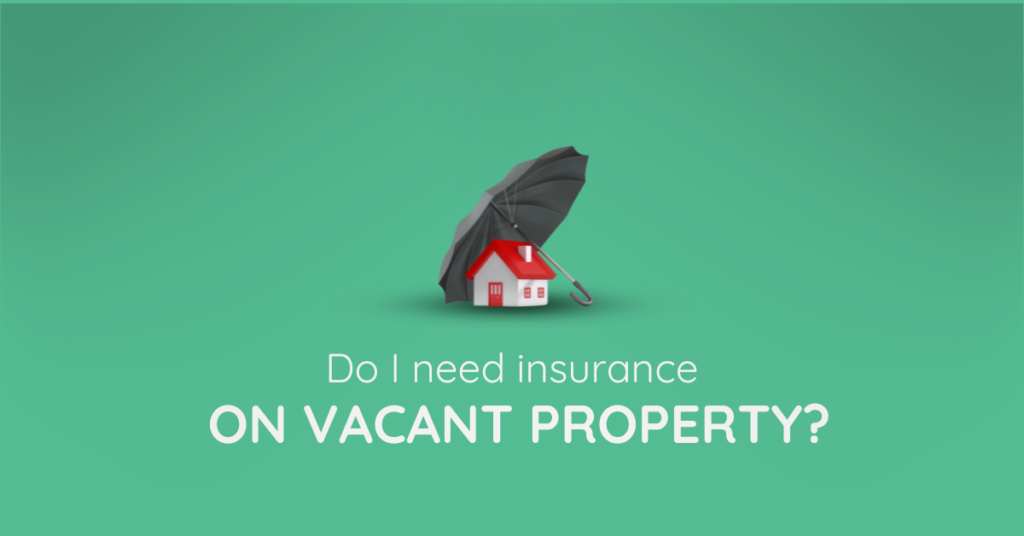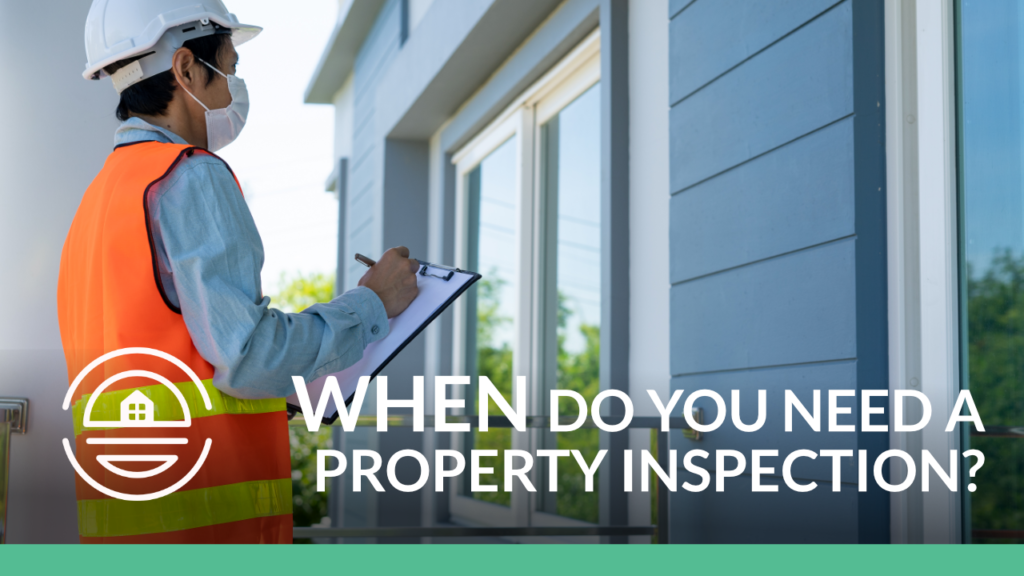Do I Need Insurance on Vacant Property?
Owning a property comes with a set of responsibilities, and one of those is ensuring it’s adequately insured. But what happens when your property sits empty? Does your standard homeowner’s insurance policy still apply? The answer, unfortunately, is no. Vacant properties pose a higher risk to insurers, and standard homeowner’s policies typically exclude coverage for…

Owning a property comes with a set of responsibilities, and one of those is ensuring it’s adequately insured. But what happens when your property sits empty? Does your standard homeowner’s insurance policy still apply? The answer, unfortunately, is no. Vacant properties pose a higher risk to insurers, and standard homeowner’s policies typically exclude coverage for unoccupied dwellings. This leaves many property owners wondering: Do I need insurance on vacant property?
This article dives deep into the world of vacant property insurance, exploring the reasons why you might need it, the different types available, and the factors to consider when making a decision.
Table of Contents
Understanding Vacant vs. Unoccupied Properties

Before delving into insurance needs, it’s crucial to understand the distinction between vacant and unoccupied properties. While the terms are sometimes used interchangeably, they have different meanings in the insurance world.
- Vacant Property: A vacant property is completely empty and devoid of furniture or personal belongings. It’s typically unmaintained and may not have utilities turned on.
- Unoccupied Property: An unoccupied property is one where the primary residents are temporarily absent but still intend to return. Furniture and personal belongings are likely present, and utilities might still be operational.
Standard homeowner’s insurance policies typically provide coverage for unoccupied properties for a limited time, often around 30-60 days. However, they exclude coverage for vacant properties entirely.
Why You Might Need Insurance on Vacant Property
Vacant properties are more susceptible to certain risks compared to occupied ones. Here’s why having specific insurance for vacant properties is crucial:
- Increased Risk of Damage: Vacant properties are more vulnerable to vandalism, theft, and weather-related damage. Vandals may target vacant buildings for easy access, while empty spaces are more susceptible to break-ins and theft. Additionally, without someone to monitor the property for potential problems, undetected leaks or weather events can lead to significant damage.
- Liability Coverage: Even an empty property can pose liability risks. If someone gets injured trespassing on your vacant property or due to a hazard you weren’t aware of (like a broken step), you could be held liable for medical expenses or damages. Standard homeowner’s insurance typically excludes liability coverage for vacant properties.
Types of Insurance for Vacant Property

Now that we understand the risks, let’s explore the types of insurance available for vacant properties:
- Vacant Home Insurance: This policy is specifically designed for vacant dwellings. Compared to standard homeowner’s insurance, it offers coverage for vandalism, theft, and certain weather-related events. However, it’s important to note that specific exclusions and limitations may apply depending on the insurer and the reason for vacancy. Be sure to read the policy details carefully.
- Vacant Land Insurance: This type of insurance is suitable for vacant lots or undeveloped land. It typically covers damage caused by fire, vandalism, and certain weather events.
Factors to Consider When Deciding on Insurance
The decision of whether or not to get vacant property insurance hinges on several factors. Here are some key considerations:
- Length of Vacancy: The longer your property remains vacant, the higher the risk and the more likely it is you’ll need insurance. Some insurers offer policies for short-term vacancies, while others cater to long-term situations.
- Reason for Vacancy: The reason your property is vacant can influence your insurance needs. Is it undergoing renovations? Is it on the market for sale? The cause of vacancy can affect the type and cost of coverage.
- Local Ordinances: Some municipalities may have ordinances requiring vacant property insurance. Check with your local government to see if any regulations apply in your area.
Conclusion: Weighing the Risks and Making an Informed Choice
Leaving your property vacant can be a stressful experience. By understanding the increased risks and the potential consequences of not having insurance, you can make an informed decision about protecting your investment. While vacant property insurance can add an extra cost, the financial protection it offers against potential damage and liability can be invaluable.
Remember, consulting with a qualified insurance agent is the best way to determine the specific needs of your vacant property and find the most suitable coverage. They can help you understand policy details, exclusions, and limitations, ensuring you get the right protection at a reasonable cost.
Don’t wait for something unexpected to happen before considering vacant property insurance. Take proactive steps to safeguard your investment and give yourself peace of mind while your property remains unoccupied.
If you need full-service property management, contact Green Ocean Property Management. With over 40 years of experience in the Greater Boston area, we have the expertise to handle any situation. Let us handle the day-to-day tasks so you can relax and enjoy the benefits of being a property owner.
Maximizing Rental Income: Strategies for Property Owners
Are you a property owner looking to maximize your rental income and unlock the full potential of your investment? If so, you’re in the right place. In the competitive landscape of real estate, maximizing rental income is not just a goal but a necessity for financial success. It requires strategic planning and execution to navigate…
When do you need a property inspection?
Property inspections can be nerve-wracking for people who have recently acquired property or are trying to sell or rent it out. There are multiple reasons why a property is up for inspection. In this article, we will explore these reasons and the types of property inspections involved. The type of inspection will depend on the…
Green Ocean’s Single and Multifamily Insurance
Insurance is one of those topics that nobody really enjoys talking about, much like going to the dentist, but it is necessary. Having a commercial single family or multi-family property is different than owning and living in it yourself. Things that you should know about Single and Multi-family Insurance Typically, single…








